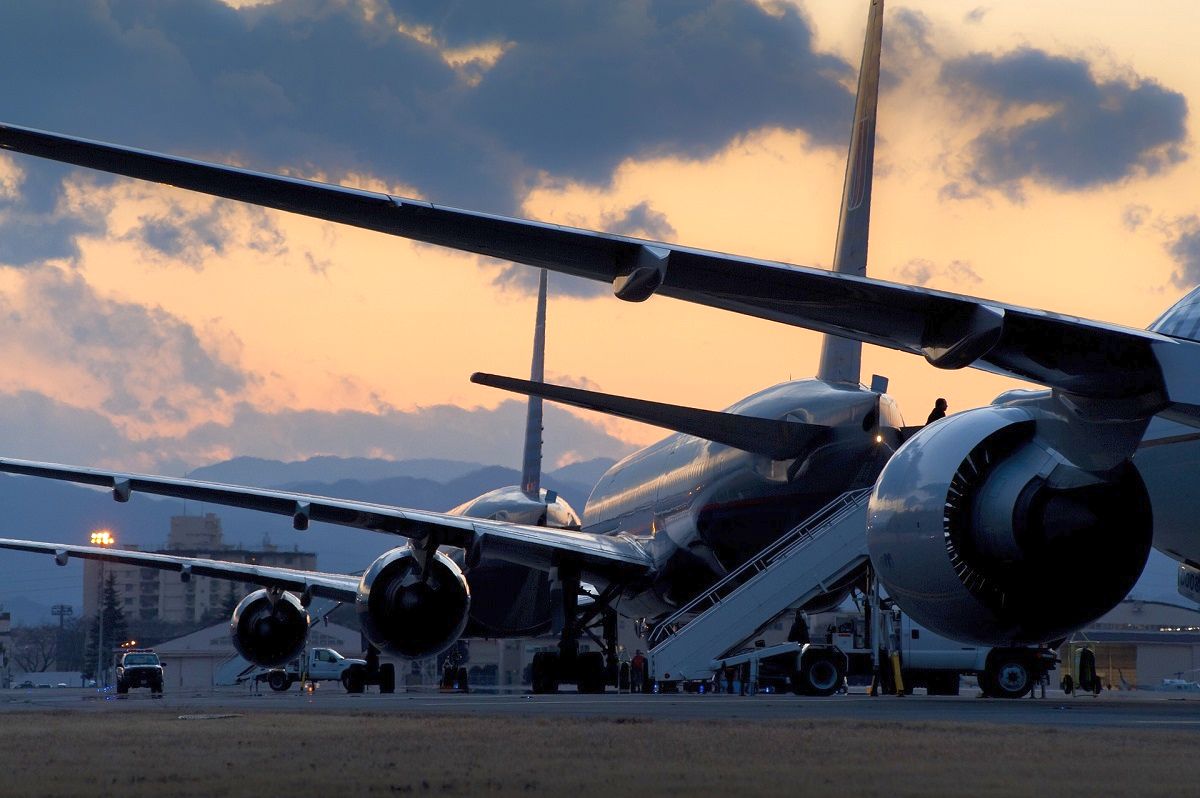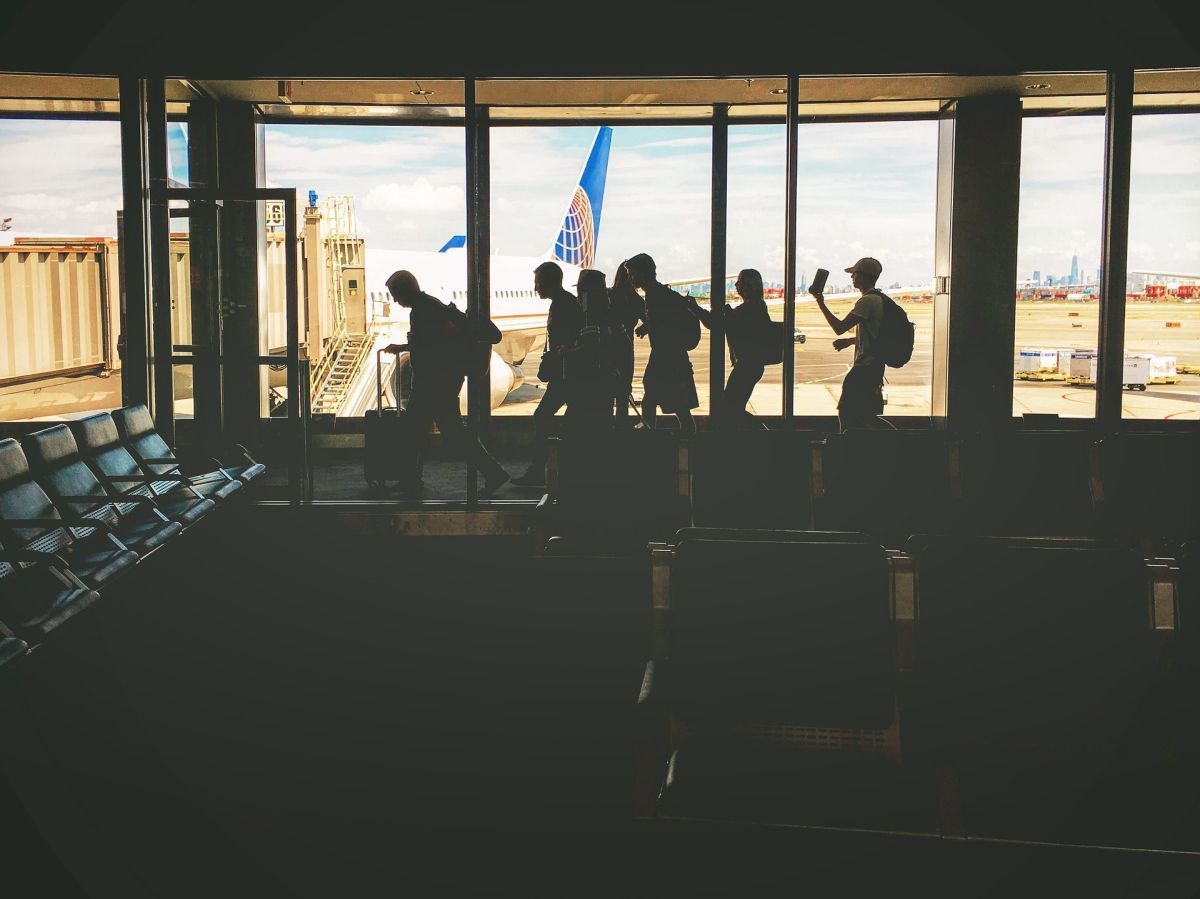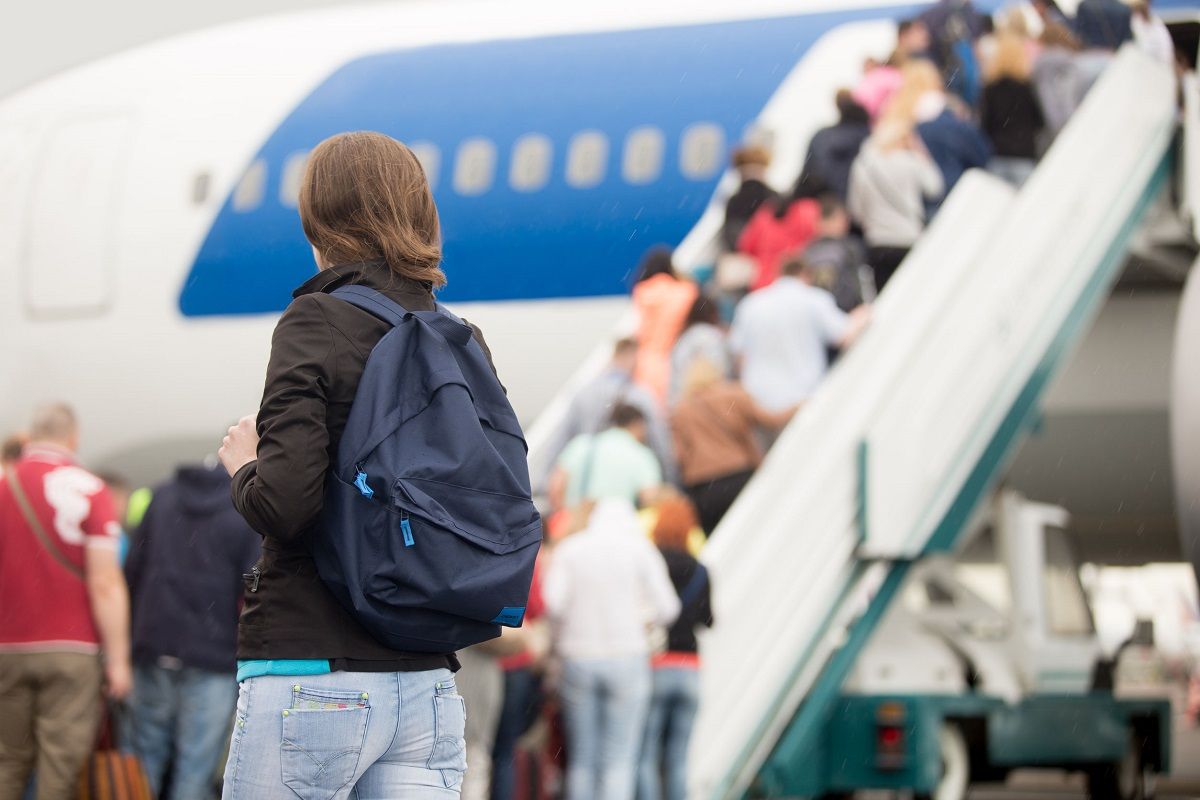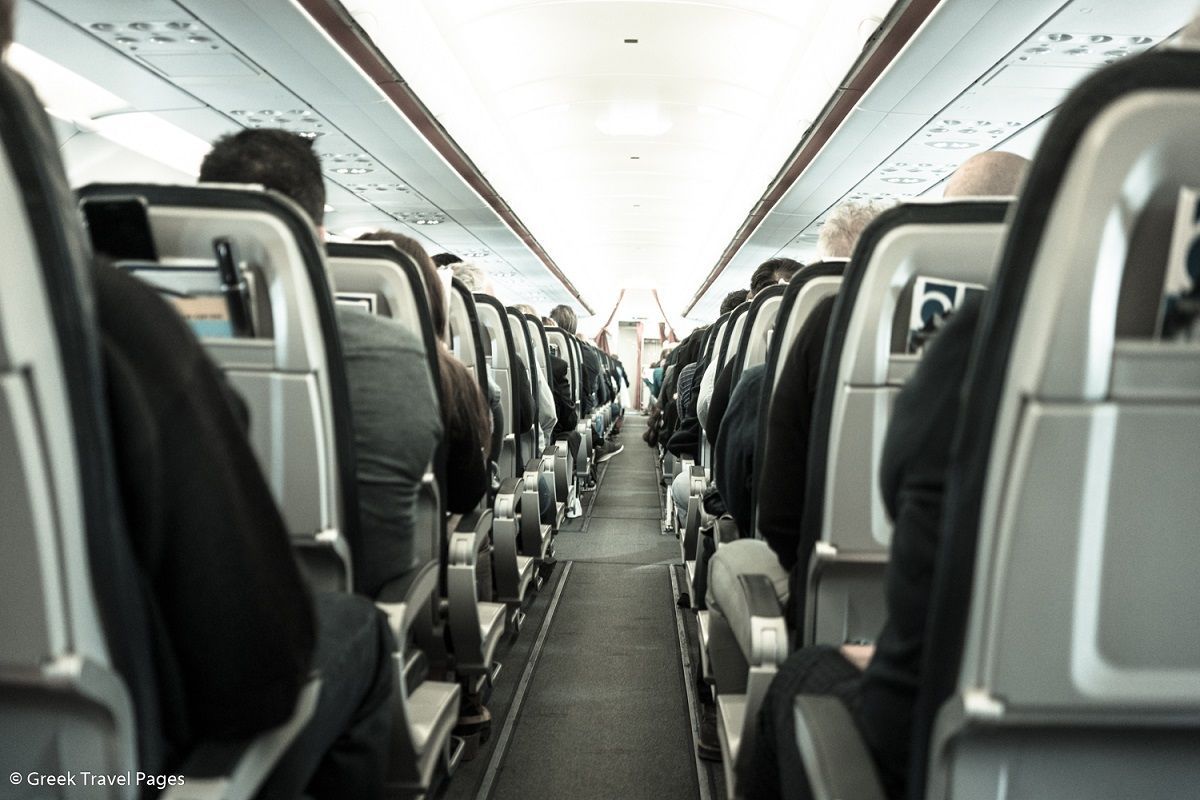ERA: EU’s Flight Compensation Rule Impacting Smaller Carriers
The European Regions Airline Association (ERA) is re-examining an EU legislation covering issues of compensation for travelers in case of cancellations and delays, claiming it is impacting its airline members as well as aviation safety.
Citing a recent study, ERA is claiming the effects of EU261 are both anti-competitive and unfair.
According to an ERA study, regulation EC 261/2004 is negatively affecting its 51 European member carriers, which are mainly small and medium-sized enterprises (SMEs) providing connectivity and logistical support to Europe’s regions.
ERA notes that regulation EU261 bears significantly more heavily on its members, which operate regional and intra-European flights, than on larger airlines and has clear risks, including: risk of losing connectivity and interlining; risk of regional and small airlines disappearing; risk of services to remote regions; damage to the national economies of certain countries; and concerns about safety.
“EU261 is putting an unbearable financial burden on small to medium-sized airlines that operate on very low margins, have lower average ticket prices, tighter schedules and smaller teams to deal with claims and legal and administrative procedures and costs; they are therefore disproportionately affected by the regulation,” said ERA Director General, Montserrat Barriga.
The regulation has led to 29 EU Court of Justice cases to date, more than any other piece of EU legislation, says ERA, noting that EU261 was initially meant to deter carriers from denying boarding, cancelling flights and causing long delays, and to give passengers protection when it does happen.
However, according to the ERA study some aspects of the regulation have been modified suggesting there is influence from those with interests in maximizing short-term compensation rather than long-term European cohesion and regional connectivity.
Citing data assessed by risk management firm Gallagher’s specialist global aerospace division, ERA notes that airlines have seen expenditure on EU261 doubling year on year, while the amount spent on passenger claims has more than tripled since 2016.
At the same time, compensation payments are on average 296 percent more than the ticket price paid by passengers – costs which have a serious impact on revenue, especially for regional airlines which have much smaller budgets than their low-cost carrier or legacy competitors.
“Recent airline failures are sadly reducing competition and choice in Europe. Some ERA members are already abandoning routes that are not profitable, including PSO-subsidised routes. Additionally, an airline should never be financially penalized for taking all the necessary time to carry out safety-related procedures,” Barriga said.
Additionally, the study also analyzed the impact on safety behavior. An online survey of more than 300 front-line members of staff at a number of European operators and aviation-related companies found that 67 said the regulation had a negative impact on aviation safety; 10 percent said they had reported safety concerns relating to the regulation; 20 percent claimed their employers had taken action to counter the safety threat from the regulation; 75 percent of respondents feel that compensation is not justified when the reason for the delay is an unforeseen aircraft technical failure or event impacting aircraft safety; and almost half said that EU261/2004 has had a negative impact on their organization’s safety culture.
In response, ERA is recommending that:
-Operators with an annual passenger load of 2.5 million or less in the preceding year should be subject to reduced compensation by 50 percent,
– Exemption from compensation on Public Service Obligation (PSO) routes,
– Maintaining a cap on the liability towards passengers limited to the proportion of the airfare that the operator bears,
– Extraordinary circumstances should account not just for the one flight directly affected but for the whole flight program for the day to acknowledge the knock-on effect on subsequent flights,
– Exemption if delays or cancellations arise for any safety-related reason,
-Allowing the airline enough time to perform all the necessary operational checks, extending the time threshold from three to five hours,
-The regulation should provide that an airline incurring costs and expenses as a result of the application of the regulation may not be prevented from recovering such costs and expenses by any contractual provision excluding or limited liability.
Founded in 1980, ERA is a non-profit trade association representing 51 airlines and 157 companies involved in European air transport.








